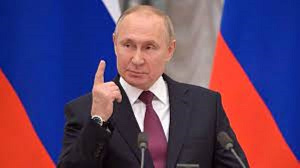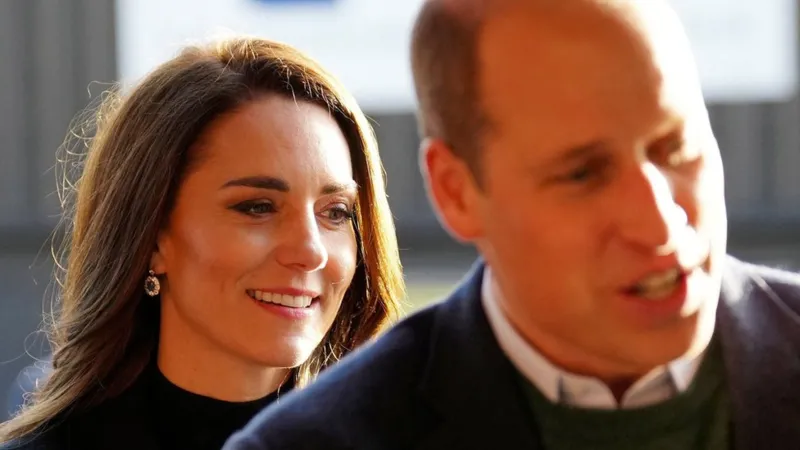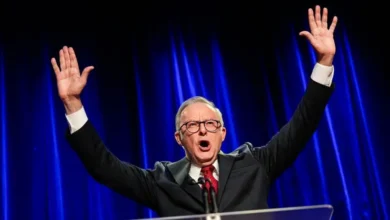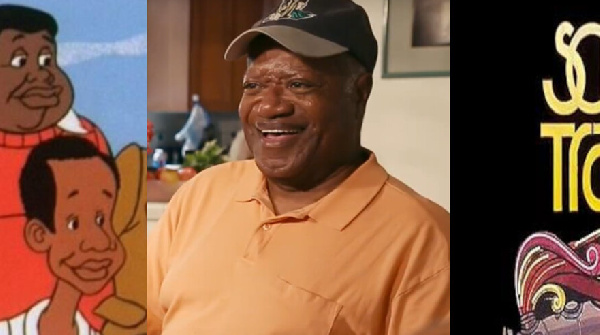Macron switches from dove to hawk on Russia’s invasion of Ukraine
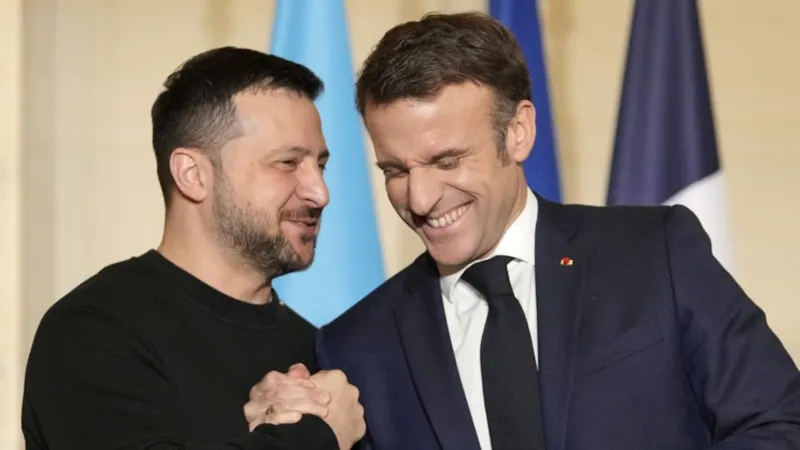
What came over Emmanuel Macron to turn him from appeaser to warmonger in the matter of Russia and Ukraine?
That – crudely put – is the question being asked in chancelleries across Europe, as the French president warms to his new role as the continent’s resister-in-chief to Vladimir Putin.
Certain countries – the Baltics, Poland – welcome President Macron’s apparent conversion to their “realistic” assessment of the Moscow threat.
Others – notably Chancellor Olaf Scholz’s Germany – are aghast at this new-found va-t-en-guerre (gung-ho) French spirit.
All are confused and uncertain. How genuine is the new Macron line? Is his recent refusal to rule out sending troops to Ukraine just another of his surprises – testimony to his insatiable need to cut a diplomatic dash?
And how much of his new positioning is purely politics?
European elections are approaching, and the hard-right of Marine Le Pen and Jordan Bardella looks set to trounce the Macronites.
So is Emmanuel Macron using Ukraine to create a fault line between his side and the opposition, setting a contrast between his own lucid belligerence and Ms Le Pen’s turbid complicity with Moscow in the past?
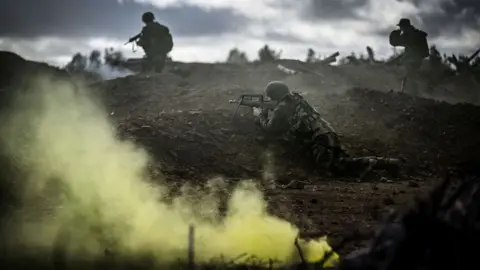 Getty Images
Getty ImagesIn a live interview on French television on Thursday evening, the president implicitly acknowledged that these critical questions were being asked.
But in true Macron fashion, he set out not to mollify but to assert. Far from muting his new-found alarmism, he explained it.
Not remotely embarrassed about his “conversion” from dove to hawk, the president’s view was that the one inevitably had to precede the other.
Only after all efforts to reach out to an adversary have been exhausted, he argued, is it possible to say conclusively that that adversary is beyond the pale.
Furthermore – the second part of his self-justification – he argued that the Russians have now pushed their aggression to a whole new level.
The Kremlin, he said, had in recent months “got noticeably harder-line” – placing the Russian economy on a permanent war-footing; stepping up repression of internal opposition; escalating cyber-attacks on France and other countries.
With Ukraine looking increasingly beleaguered, and the United States no longer dependable as an ally, Europe was entering a new world, he said: “A world where what we thought was unthinkable actually happens.”
This is why, according to the new Macron doctrine, France and Europe needed to be preparing a sursaut – a mental leap out of the cosy certainties of the dying era and into the harsh realities of the new one.
In deliberately Churchillian tones, he believes that in order to keep the peace, Europe needs to be ready for war.
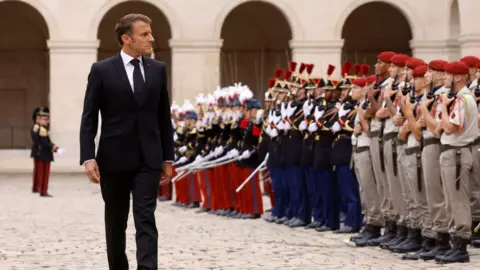 EPA
EPAAs always with Emmanuel Macron, the logic is impeccable; the arguments unbreakable.
But as always with Emmanuel Macron there is also the question: he may convince, but can he persuade?
Because the French head of state’s abiding difficulty is not, obviously, lack of brainpower – but the ability to convert that brilliance into a different talent: leadership. A capacity for getting others to follow.
And on this issue, it is far from clear that the others will fall in line.
The most glaring sign is the rift that separates the French leader from the man who is supposed to be his closest ally in Europe, Germany’s Olaf Scholz.
In traditional Franco-German style, both sides are now publicly patching up and putting on the mandatory common front. Hence the Macron visit to Berlin on Friday.
But no amount of man-hugs can conceal the fundamental discord: France accusing Germany of foot-dragging on help for Ukraine, and wilful blindness in clinging to the permanence of the US security umbrella; Germany accusing France of reckless belligerence, hypocrisy (its arms deliveries are in fact way behind Germany’s), and Macronic grandstanding.
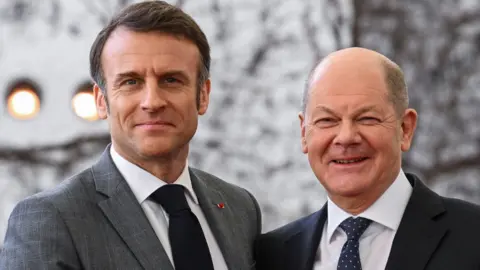 Reuters
ReutersBut domestically too, support for Emmanuel Macron on Ukraine is softer than he likes to think.
Polls show that a big majority – around 68% – oppose his line on sending Western troops. More generally, while most people are clearly opposed to Russia, the Ifop polling company reports a “progressive erosion of support for the Ukrainian cause”.
And if there is indeed an electoral subtext to his new hard line on Moscow – intended to expose the far right’s ambiguities – then it does not seem to be working. Opinion surveys show support for Le Pen’s National Rally (RN) only strengthening.
In transforming into Europe’s leading anti-appeaser, President Macron is once again staking out new ground.
He is taking the lead, and pushing Europeans to think hard about their security, and about the sacrifices that may soon become necessary.
All this is no doubt welcome.
His difficulty is that too many people react badly to him.
They resent his self-belief, and feel he too readily confuses what is right for Europe and the world with what is actually just right for France – or himself.

